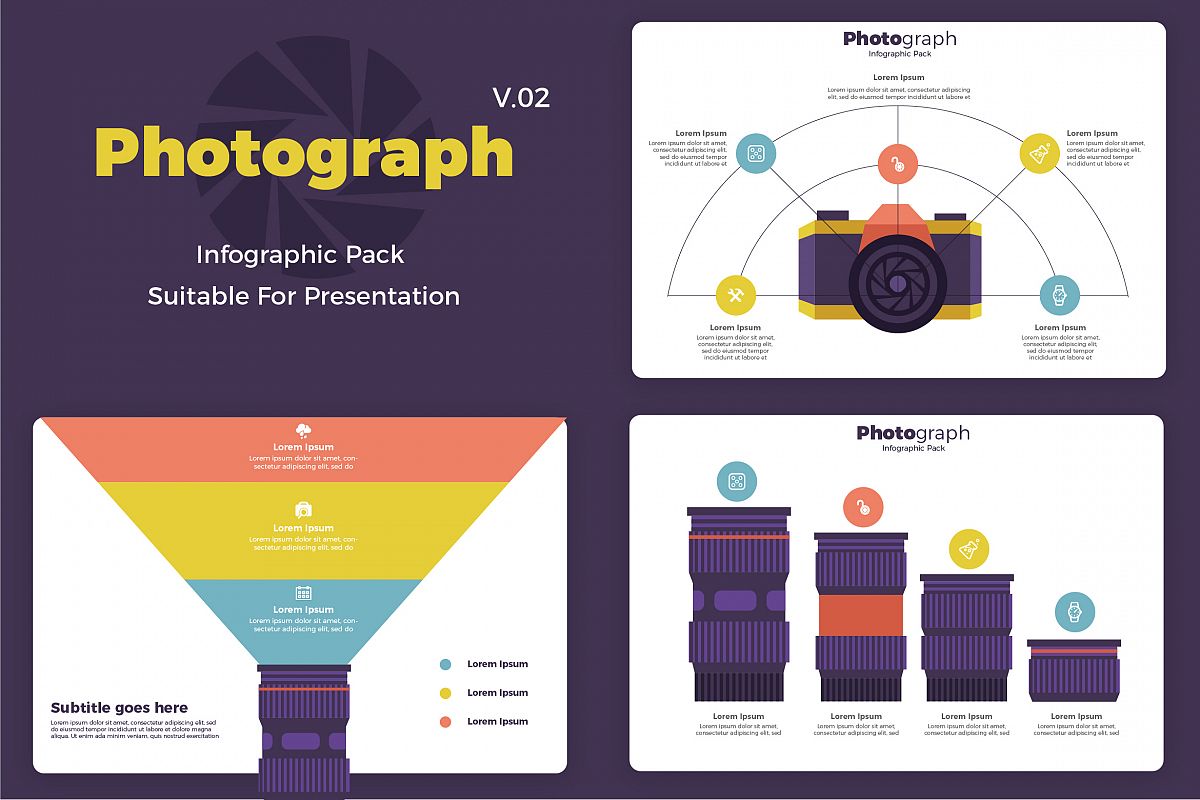Digital Photography Tips For Beginners: Mastering Your Video Camera Quickly
Digital Photography Tips For Beginners: Mastering Your Video Camera Quickly
Blog Article
Web Content Created By-Lundgreen Odgaard
When you initially grab your camera, it can really feel frustrating with all the setups and alternatives available. You might find yourself asking yourself how to navigate aperture, shutter rate, and ISO effectively. Mastering these basics is important, but there's more to digital photography than just technical knowledge. Understanding make-up methods and lighting conditions can raise your photos drastically. So, what happens if you could learn simple methods to enhance your abilities and begin recording remarkable images faster than you assume? Let's check out just how to transform Best corporate photographer .
Recognizing Camera Settings
Understanding your camera setups is crucial for catching sensational pictures. When you pick up your cam, acquaint yourself with the 3 main settings: aperture, shutter speed, and ISO. Each plays an essential function in how your photos end up.
Start with aperture, which manages the quantity of light getting in the lens. A wider aperture (lower f-number) allows a lot more light and produces an attractive background blur, excellent for portraits. Conversely, a narrower aperture (greater f-number) maintains more of the scene in emphasis, suitable for landscapes.
Next off, focus on shutter speed. This setup establishes the length of time your video camera's sensor is subjected to light. A fast shutter speed ices up activity, which is excellent for activity shots, while a slow-moving shutter rate can produce magnificent results like smooth water in landscapes.
Lastly, change your ISO. This setting influences your video camera's level of sensitivity to light. A higher ISO is useful in low-light situations yet can introduce sound or grain. Go for the lowest ISO possible while still attaining correct direct exposure.
Structure Techniques
When you're out shooting, make-up can make all the distinction in just how your pictures resonate with customers. Beginning by using the rule of thirds; picture your framework split right into 9 equivalent areas with two horizontal and 2 upright lines. Setting crucial elements along these lines or at their crossways to create balance and rate of interest.
Next, think about leading lines. These all-natural lines in your scene, like roadways or rivers, attract the audience's eye right into the photo, directing them through the story you're telling.
Do not ignore mounting; use elements within your scene, like trees or windows, to produce a framework around your subject, including depth and focus.
Also, keep https://telegra.ph/Imaginative-Photography-Ideas-Releasing-Your-Imagination-01-09 on your background. A messy background can distract from your primary subject, while a simple one helps it stand apart.
Lastly, trying out symmetry and patterns; they can produce a striking picture that captures attention.
Learning Illumination Conditions
Understanding illumination conditions is crucial for catching sensational photographs, as the best light can transform a common scene into something extraordinary.
Begin by observing all-natural light at different times of the day. Mornings and late afternoons offer the most effective light, known as the golden hour. The soft, cozy tones throughout these times can enhance your pictures wonderfully.
Don't avoid overcast days either; diffused light can lessen rough shadows and develop a pleasing impact, particularly for portraits.
Trying out backlighting by placing your subject against the light. This method can create a fanciful halo impact and include deepness to your photos.
Take note of your camera setups too. Adjust the ISO, aperture, and shutter rate to suit the lights conditions. A higher ISO can help in reduced light, however be cautious of grain.
Make use of a tripod in darker atmospheres to stay clear of blur.
Lastly, don't fail to remember synthetic illumination. Flash and continual lights can be wonderful devices for controlling light in challenging conditions.
Conclusion
To conclude, mastering your electronic camera doesn't need to be overwhelming. By understanding your setups, using composition techniques, and using the power of all-natural light, you'll swiftly raise your digital photography abilities. Remember, practice makes ideal, so go out there and experiment with your newfound understanding. With time and dedication, you'll be catching stunning images that mirror your special perspective. Delight in the trip, and do not fail to remember to have fun while you're at it!
